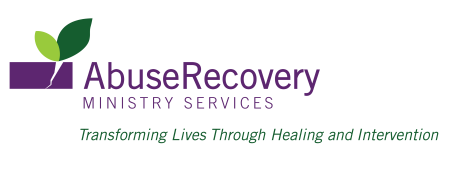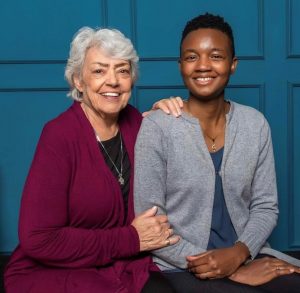Bridging Continents, Arms Dedicated Efforts to Combat Domestic Violence in Kenya
Domestic violence is a global issue that affects individuals and communities in every corner of the world. In Kenya, it is a particularly widespread problem, with reports showing that over 40% of women have experienced physical or sexual violence at the hands of an intimate partner.
But amidst this sobering reality, there are people and movements making a difference in the lives of survivors. One of these individuals is Ann, a volunteer with ARMS in Kenya.
Ann has been a crucial part of our organization, working tirelessly to provide support and resources to those who have experienced domestic violence. In this interview, we had the privilege of sitting down with Ann to learn more about her experiences working with survivors, the challenges she has faced, and the inspiring moments that keep her motivated working with ARMS in Kenya.
Through Ann’s insights and stories, we hope to shed light on the importance of supporting survivors of domestic violence, here and abroad, and the vital role that volunteers like Ann play in creating safer, healthier communities.
Q: What inspired you to start working on domestic violence issues in Kenya, and how did you get involved in this line of work?
A: I got involved as a survivor who needed healing. Claudia, my mentor and facilitator, helped me on my healing journey, and I desired to pay it forward by sharing knowledge about domestic violence that many Africans are unaware of.
Q: Can you describe the scope of the domestic violence problem in Kenya and some of the factors that contribute to it?
A: Domestic violence is a widespread problem in Kenya, from one county to another. Rural areas are more affected due to lack of awareness, education, social and structural barriers, lack of financial support, and religion abuse. Most forms of domestic violence are culturally accepted, hence reporting rates or even legal help are limited.
Q: What are some of the main challenges you face in your work to prevent and respond to domestic violence in Kenya?
A: The main challenges include structural or geographic barriers, lack of communication with victims who need classes but cannot afford them, lack of cooperation from institutions that should be fighting domestic violence, cultural differences that make it hard to break through with victims or elders who believe it’s a way of life.
Q: How has the ARMS program been successful in your time in Kenya?
A: ARMS has been a great tool towards healing and empowerment for women. Through ARMS, we have been able to bring most women out of abuse, and now we are looking forward to not only teaching Her Journey but also providing vocational training for economic empowerment.
Q: How do you engage with the broader community in Kenya to raise awareness about domestic violence and promote prevention efforts?
A: I attend conferences and participate in local activities that bring awareness to gender-based violence. I also work with local people to raise awareness.
Q: Can you talk about any specific success stories or achievements you’ve had in your work to address domestic violence in Kenya?
A: My most proud successes are two women, Sharon and Kate, who took Her Journey three times. They were in a bad situation but after taking Her Journey, Kate started her own business, and Sharon won her cases and all her matrimonial assets were returned to her. Both of them, among many others, are free from abuse and doing fine after years of abuse.
Q: What role do you think international organizations and donors can play in supporting domestic violence prevention efforts in Kenya?
A: Funding is one big factor in domestic violence, and most victims cannot support themselves. Therefore, organizations like ours are the ones to support delicate cases, from police reports to transportation to safety. More funding can help us hire more people to help with workload. Also, more training of leaders on what has worked in Kenya to prevent domestic violence, inviting them to talk to international organizations or donors directly.
Q: What do you see as the future of domestic violence prevention and response in Kenya, and what are your hopes for the field going forward?
A: I hope to have done a lot of facilitating in the next five years and to have helped more women, girls, boys, and men to be free from abuse. I also hope to have a big vocational school that not only brings awareness but also helps survivors with economic empowerment and a safe house that is of standard. I hope to have more leaders and local and international partners.
Q: How do you think the culture is shifting in Kenya when it comes to women’s rights and progress?
A: We are currently having a lot of women fighting for women’s rights, women in government helping local institutions to teach the constitution. We are heading in the right direction, but it is not easy because local leaders rooted in social cultural practices may not obey without a fight. We thank God for the decrease in Female Genital Mutilation that was a major crisis and that gives me hope that, God will fight for us this battle of legal Abuse and manipulation.
Ann’s story is a powerful reminder of the importance of raising awareness about domestic violence and advocating for its prevention and response. Through her work with the ARMS program and her personal journey as a survivor, she has demonstrated the impact that one person can have in making a difference. As we continue to address this pervasive issue in Kenya and around the world, it is essential that we support organizations and individuals like Ann who are dedicated to creating a safer and more just society for all.
Want to help with Kenya efforts? Visit our Give Page and choose “international” on the drop-down menu.








Leave A Comment